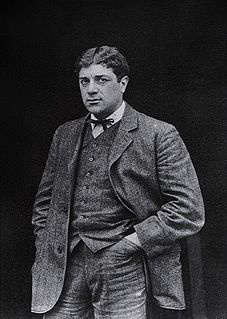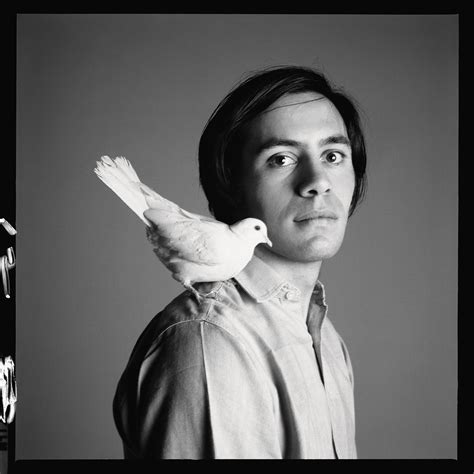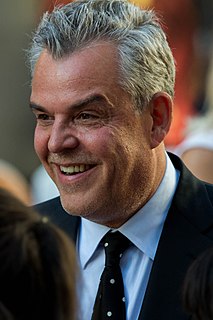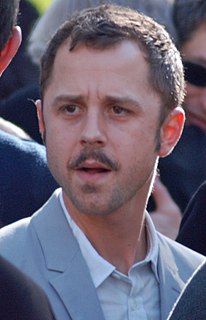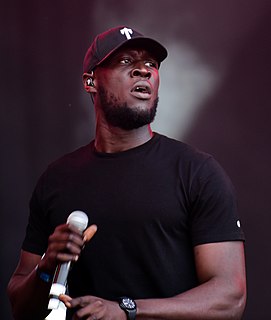A Quote by Francoise Gilot
I'm not going to talk about Picasso. I have done my duty to those memories. I have had a great career as an artist myself, you know. I'm not here just because I've spent time with Picasso.
Related Quotes
Look at the paintings of Picasso. He is a great painter, but just a subjective artist. Looking at his paintings, you will start feeling sick, dizzy, something going berserk in your mind. You cannot go on looking at Picasso's painting long enough. You would like to get away, because the painting has not come from a silent being. It has come from a chaos. It is a by product of a nightmare. But ninety-nine percent art belongs to that category.
Sure, I can talk like you, but I choose not to, It's like an art, you know? Picasso had to prove to the world he could paint the right way, before he goes putting both eyes on the side of a face... See if you paint wrong because that's the best you can do, you just a chump. But you do it because you want to? Then you're an artist...You can take that to the grave and dig it up when you need it.
Your regional newspaper, and I like to use this example, in your local museum buys a Picasso, that's news especially if they've spent $10 million for it. But if you don't have a credit on your staff then you don't have anybody who's confident to say whether or not it was a good Picasso, might even be aware of the fact that there are bad Picassos. Arts journalists who don't have the experience of criticism, the skill of criticism, don't think in terms of critical evaluation are not going to be as good a journalist as they might be.




